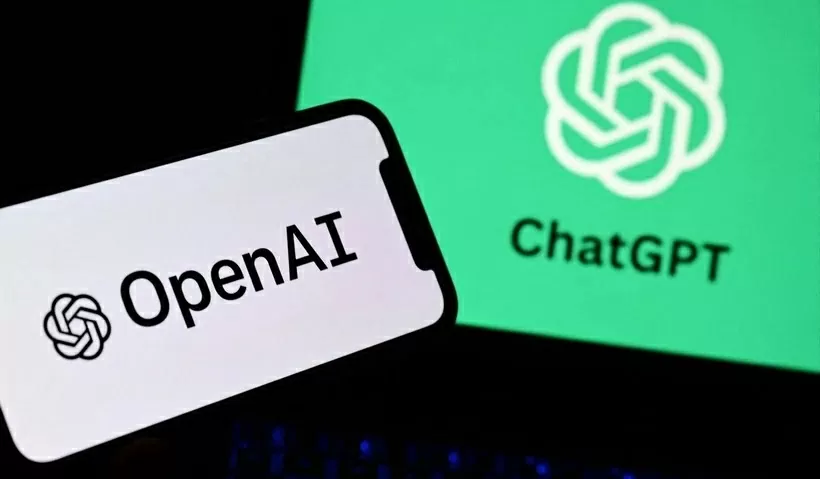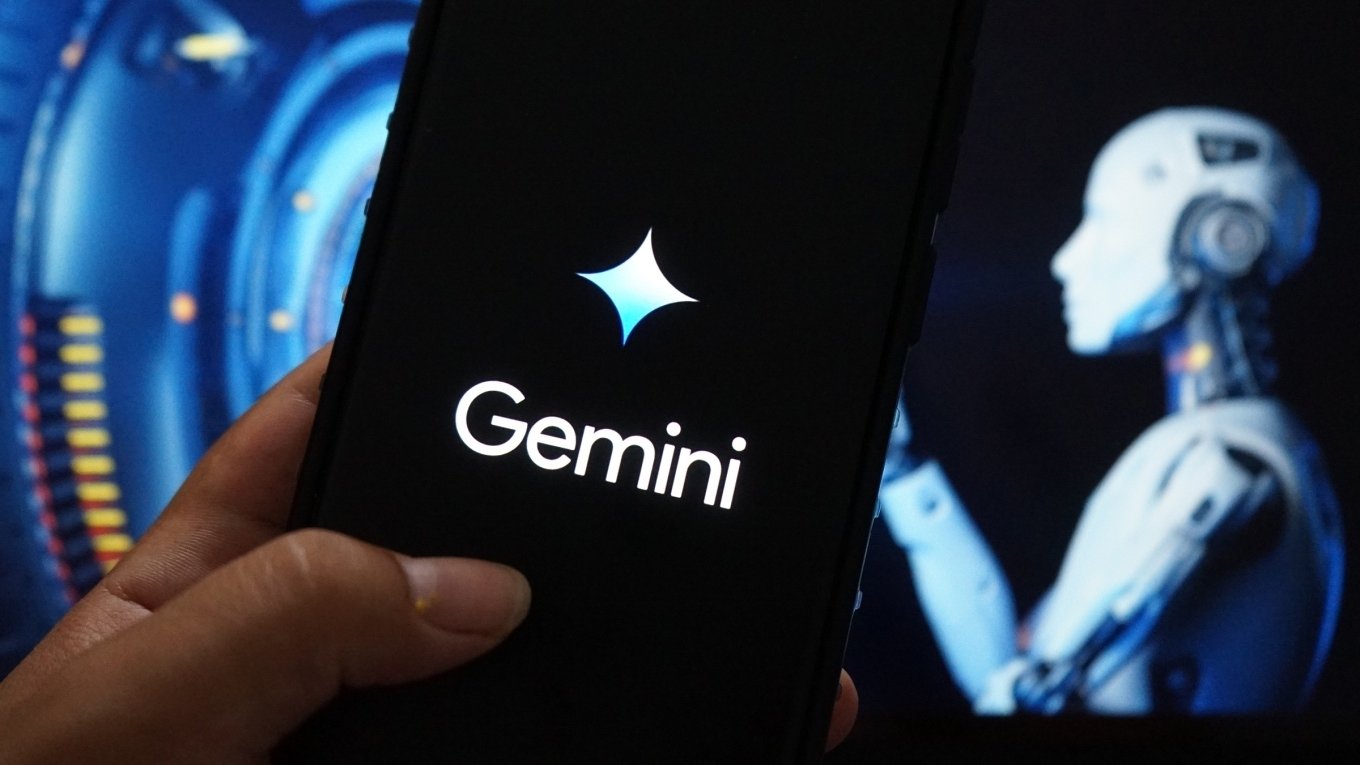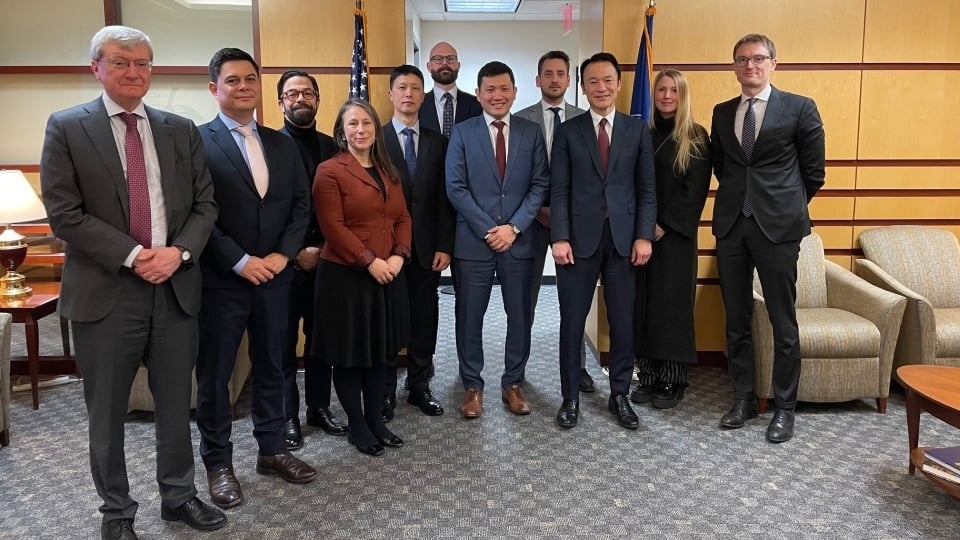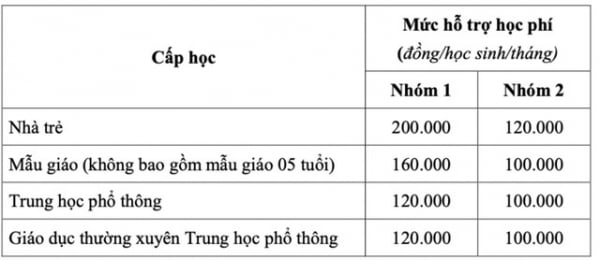Alongside the benefits that Artificial Intelligence (AI) brings, there are also concerns about how young people interact with this technology.
 |
| The logo of artificial intelligence company OpenAI on phone and computer screens. (Source: AFP) |
Young people today not only use Artificial Intelligence for learning and entertainment but also see it as a friend to chat and share with, but this raises concerns about online safety.
In the era of rapid digital technology development, Artificial Intelligence (AI) is gradually becoming an indispensable part of young people's lives. However, besides the benefits that AI brings, there are also concerns about how young people interact with this technology.
Recent surveys reveal a surprising fact: young people not only use AI for learning or entertainment purposes but also see this technology as a friend to chat and share with.
In Belgium, the #Génération 2024 and Apentaartjaren surveys show that 57% of high school students in Wallonie-Bruxelles and 66% in Flanders have used AI-based applications or websites.
Their main motivations include seeking information, exploring new technologies and supporting their studies. Notably, 10% of high school students in Wallonia-Bruxelles and 20% in Flanders use AI to chat with “virtual friends” – chatbots like MyIA on Snapchat or ChatGPT. This shows that AI is gradually replacing the role of friends and relatives in sharing emotions and solving problems for young people.
While the use of AI offers many benefits, it also poses risks. AI algorithms can be biased, leading to misinformation and social prejudice. Furthermore, the collection of personal data can violate users’ privacy and even compromise their safety.
In particular, for children who feel lonely or isolated, AI can become a virtual “lifesaver”, but this can also lead to negative consequences. The Betternet Alliance (the Belgian Center for a Safer Internet, including ChildFocus, Média Animation, the High Council for Media Education and Mediawijs) emphasizes: “AI cannot replace human listening and support.”
In this context, media education plays a key role. Betternet calls on parents and schools to step up education for young people about how to use AI safely and responsibly.
This includes equipping them with knowledge about AI, developing critical thinking to identify potential risks, and encouraging them to seek support from those around them when they encounter difficulties.
It is also important to maintain an open dialogue between parents and children about the use of digital tools. Parents should take an interest in their children’s online activities and provide them with the information and resources they need to protect themselves online.
The rise in the use of AI as a virtual “friend” is a cause for concern, but also an opportunity to better understand the needs and psychology of young people in the digital age.
Increasing education, encouraging dialogue, and building a supportive environment can help young people maximize the benefits of AI while minimizing potential risks.
Source


































Comment (0)